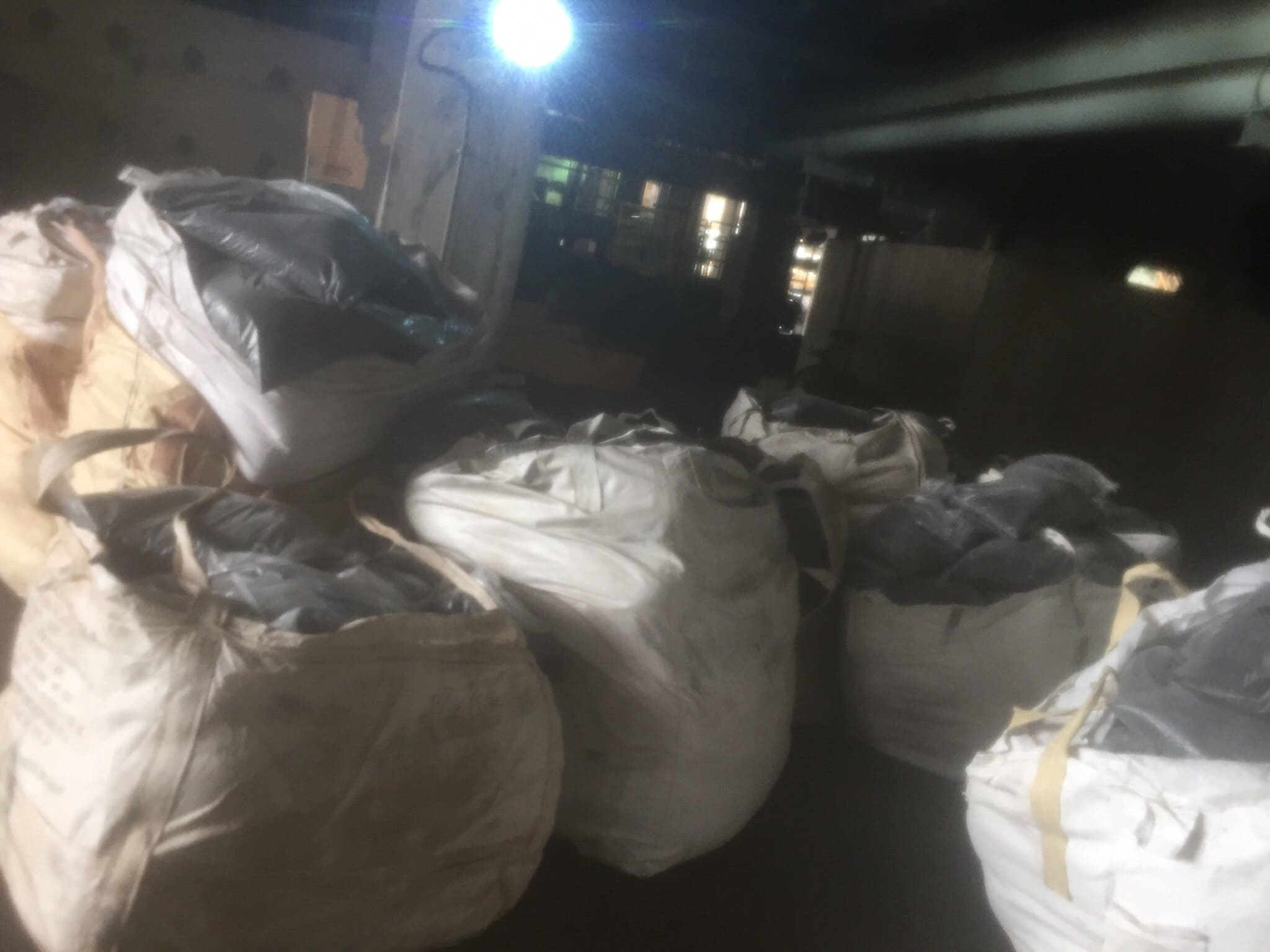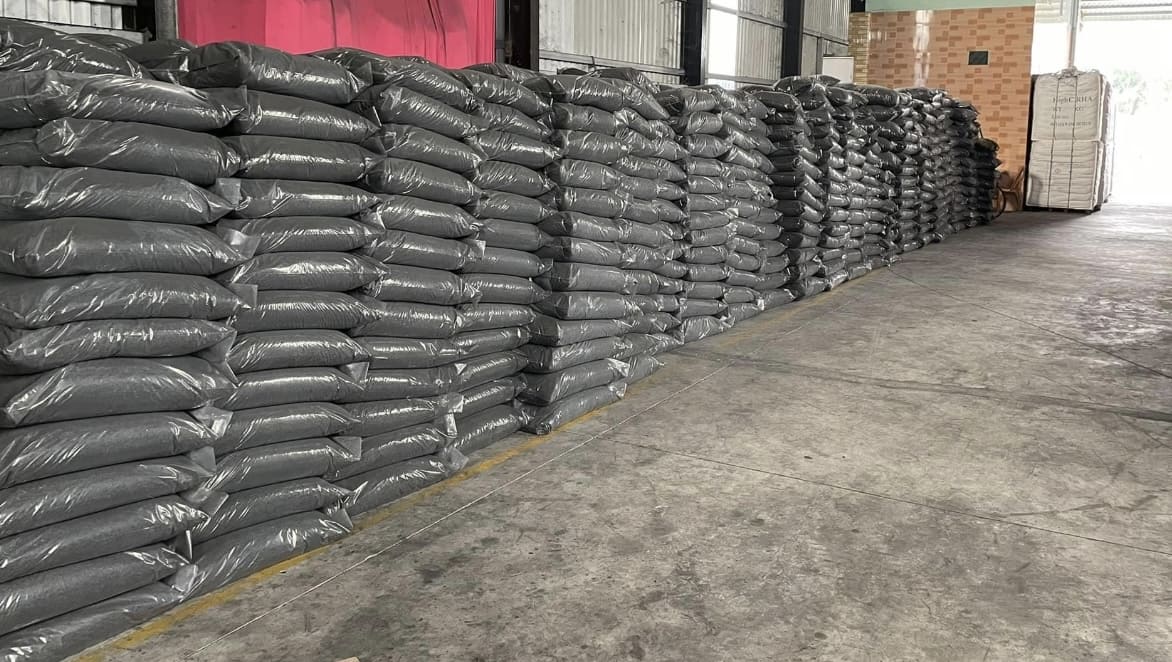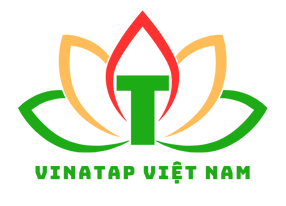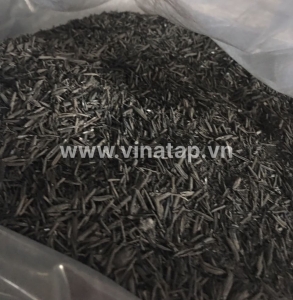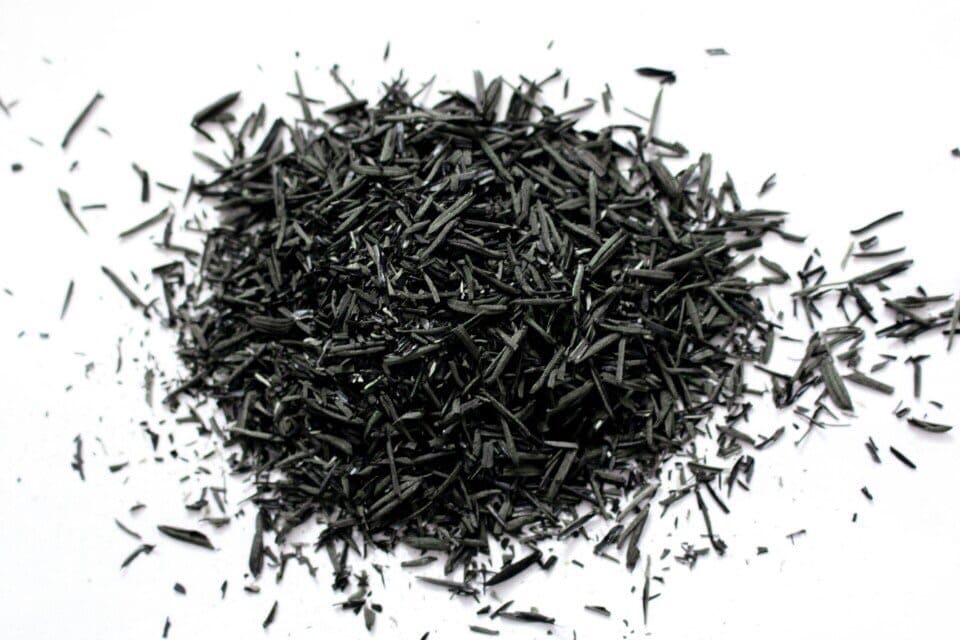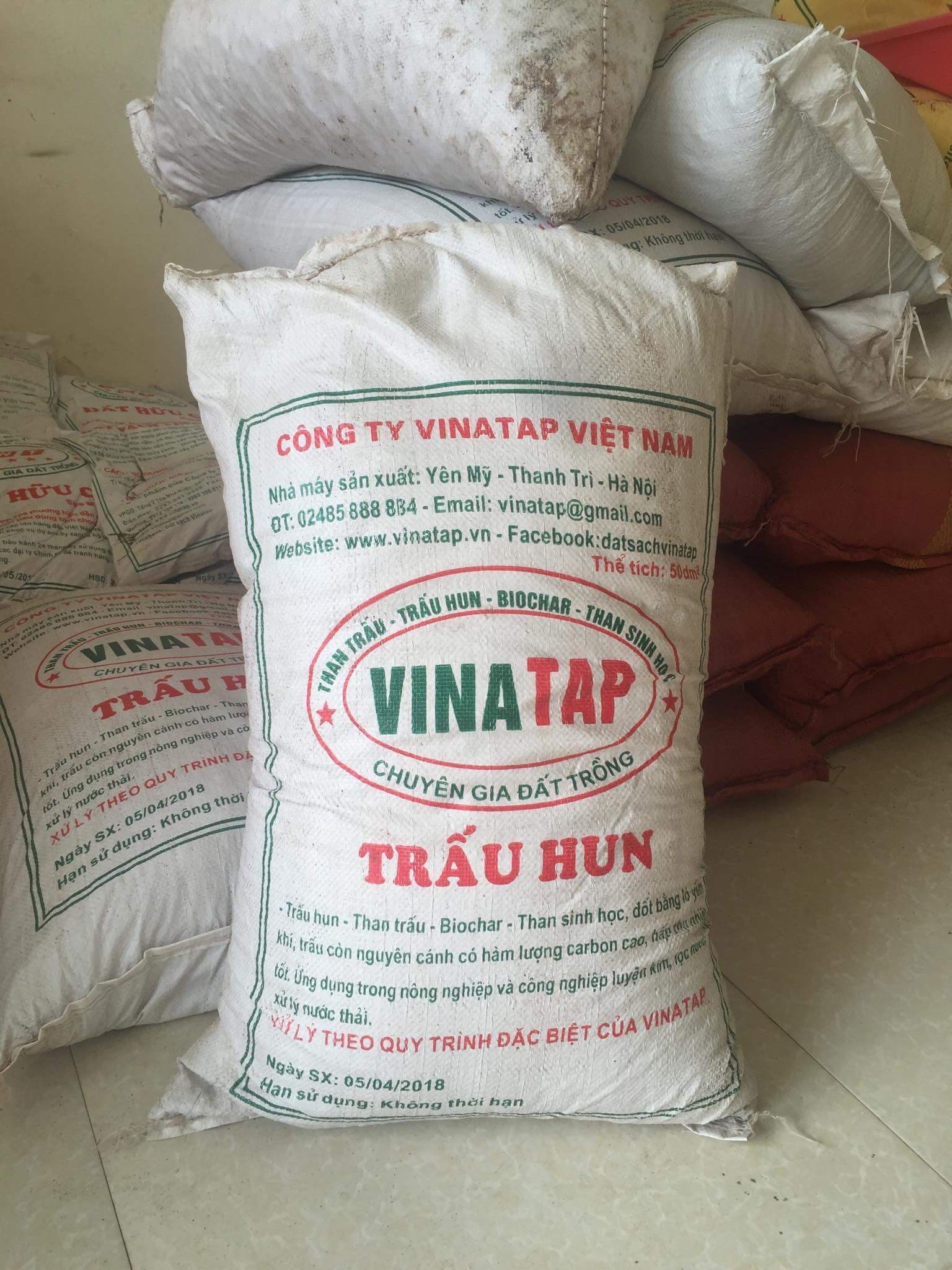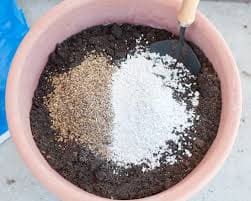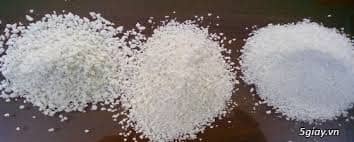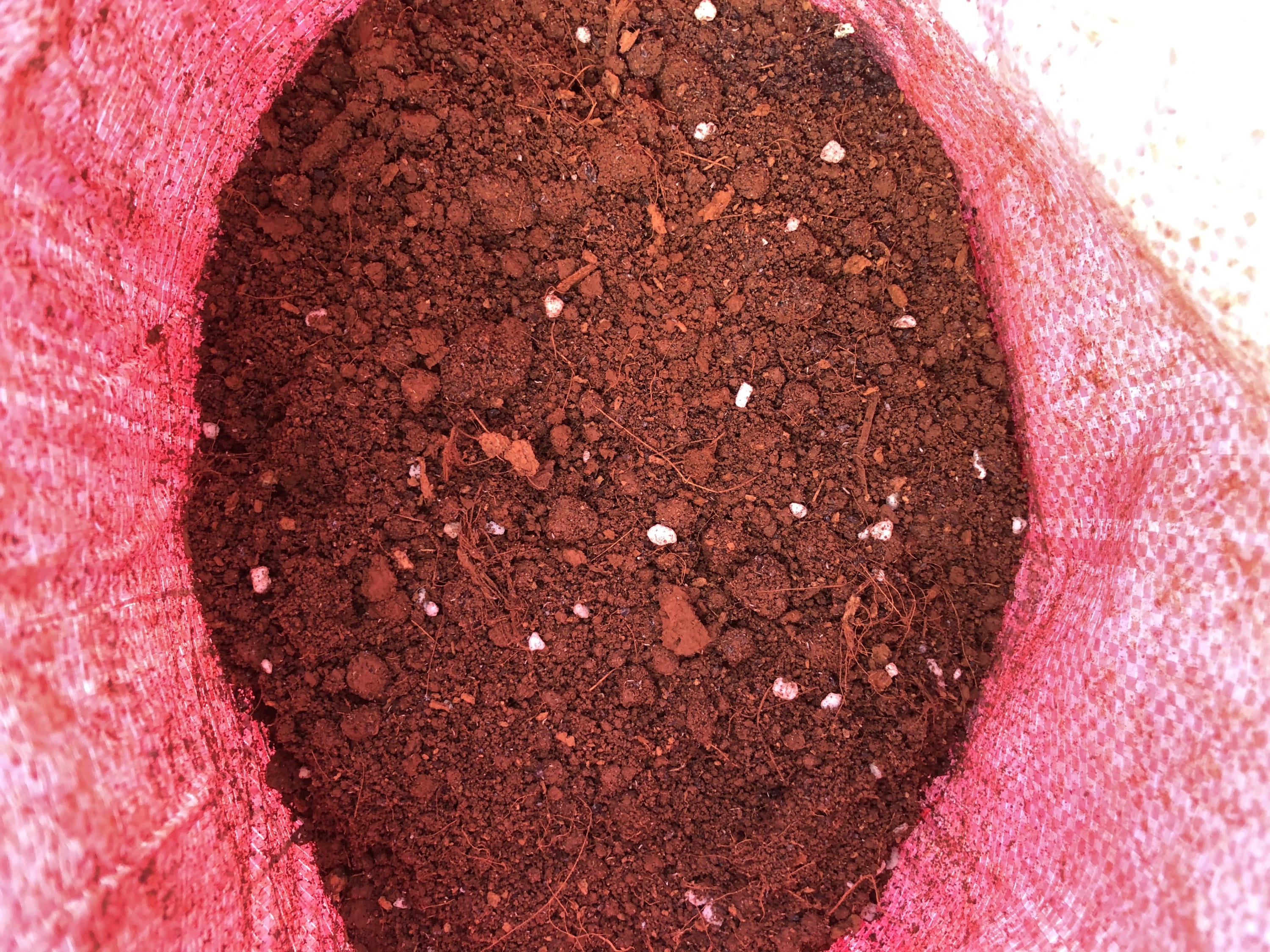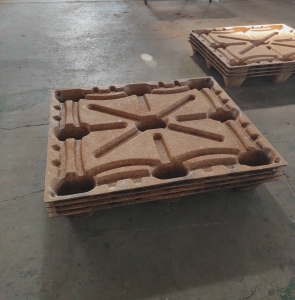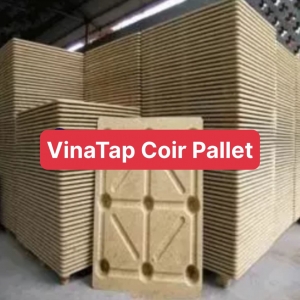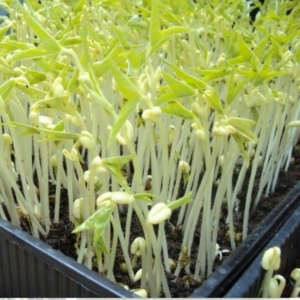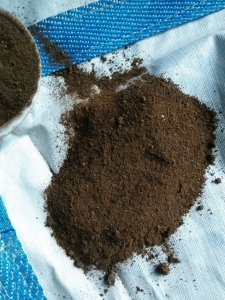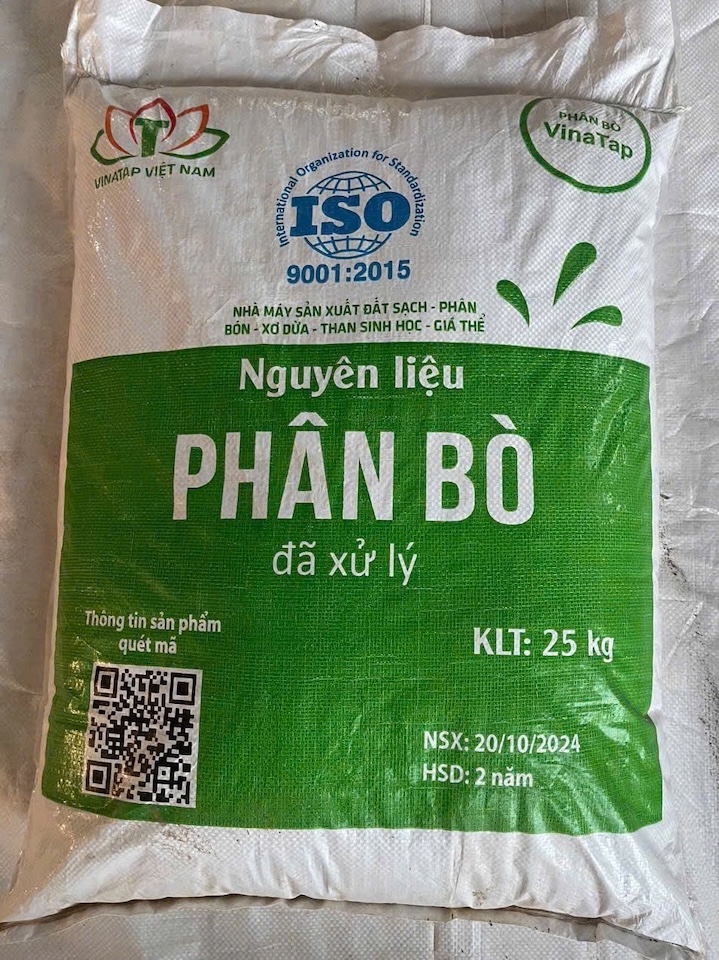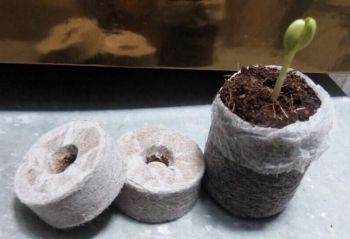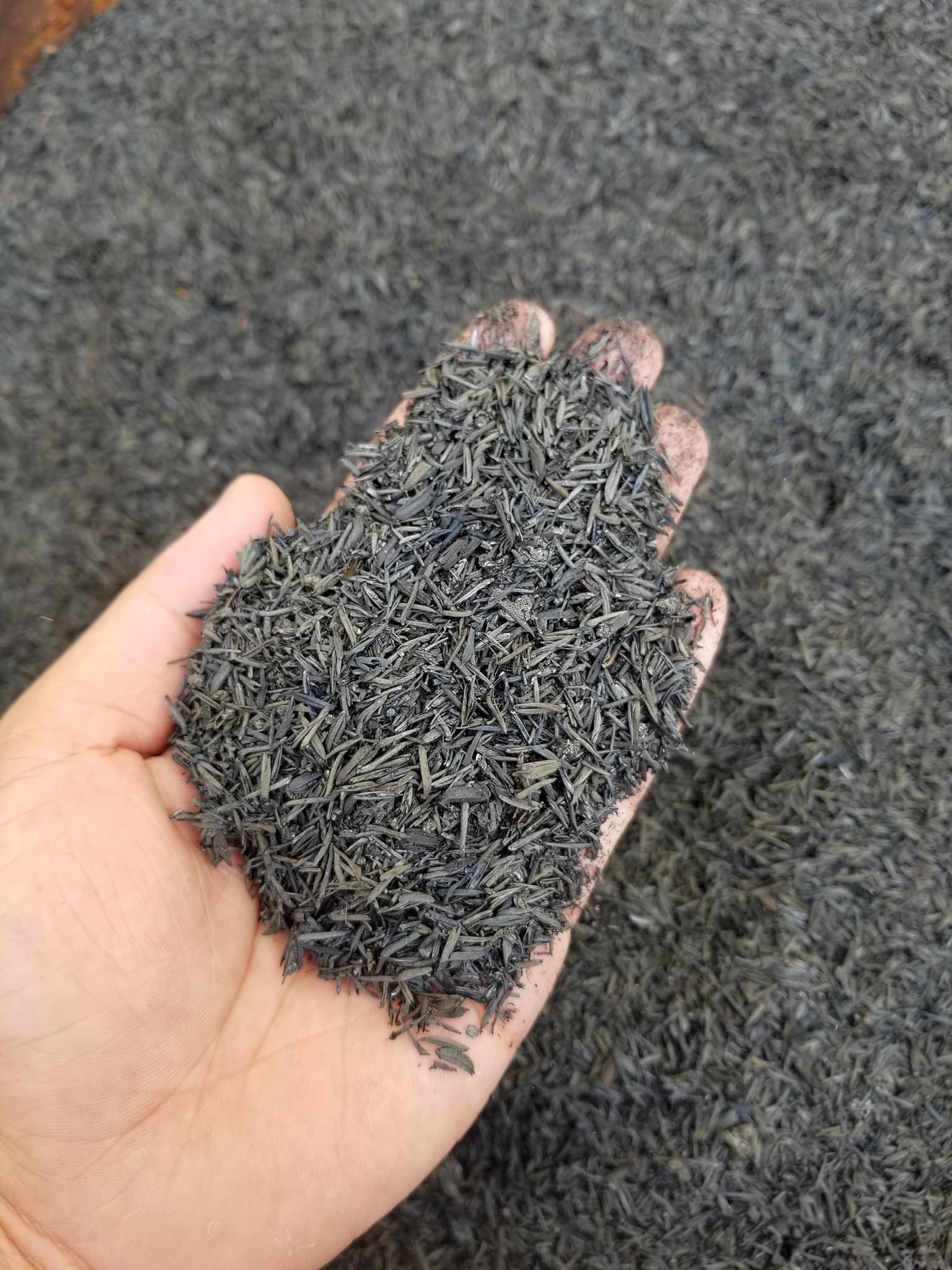
Trấu Hun mang lại lợi ích gì ?
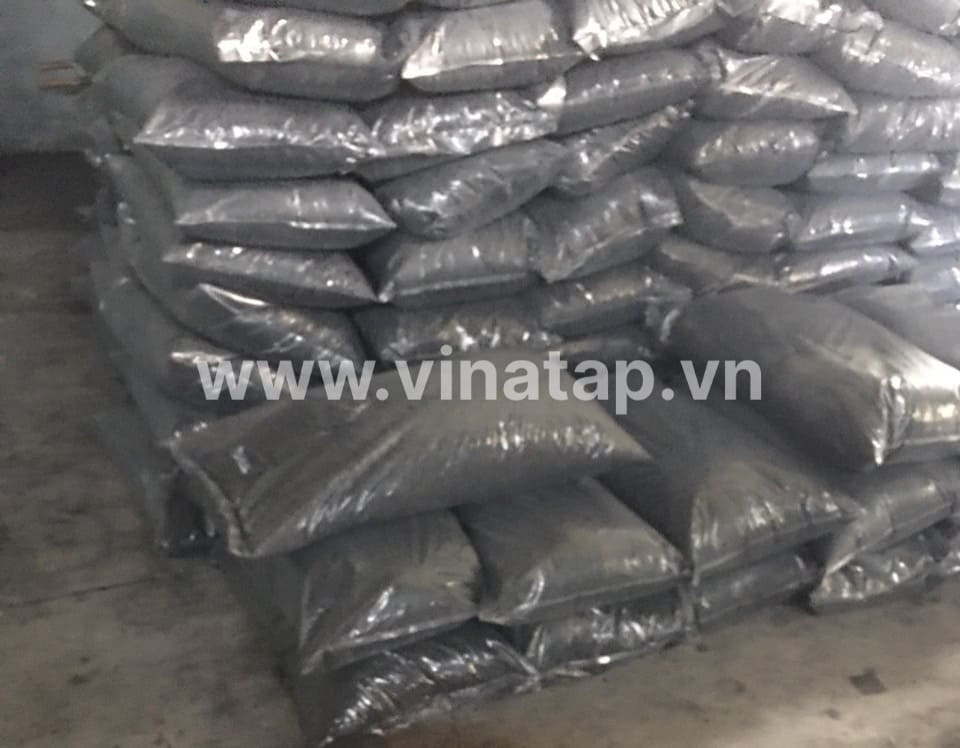
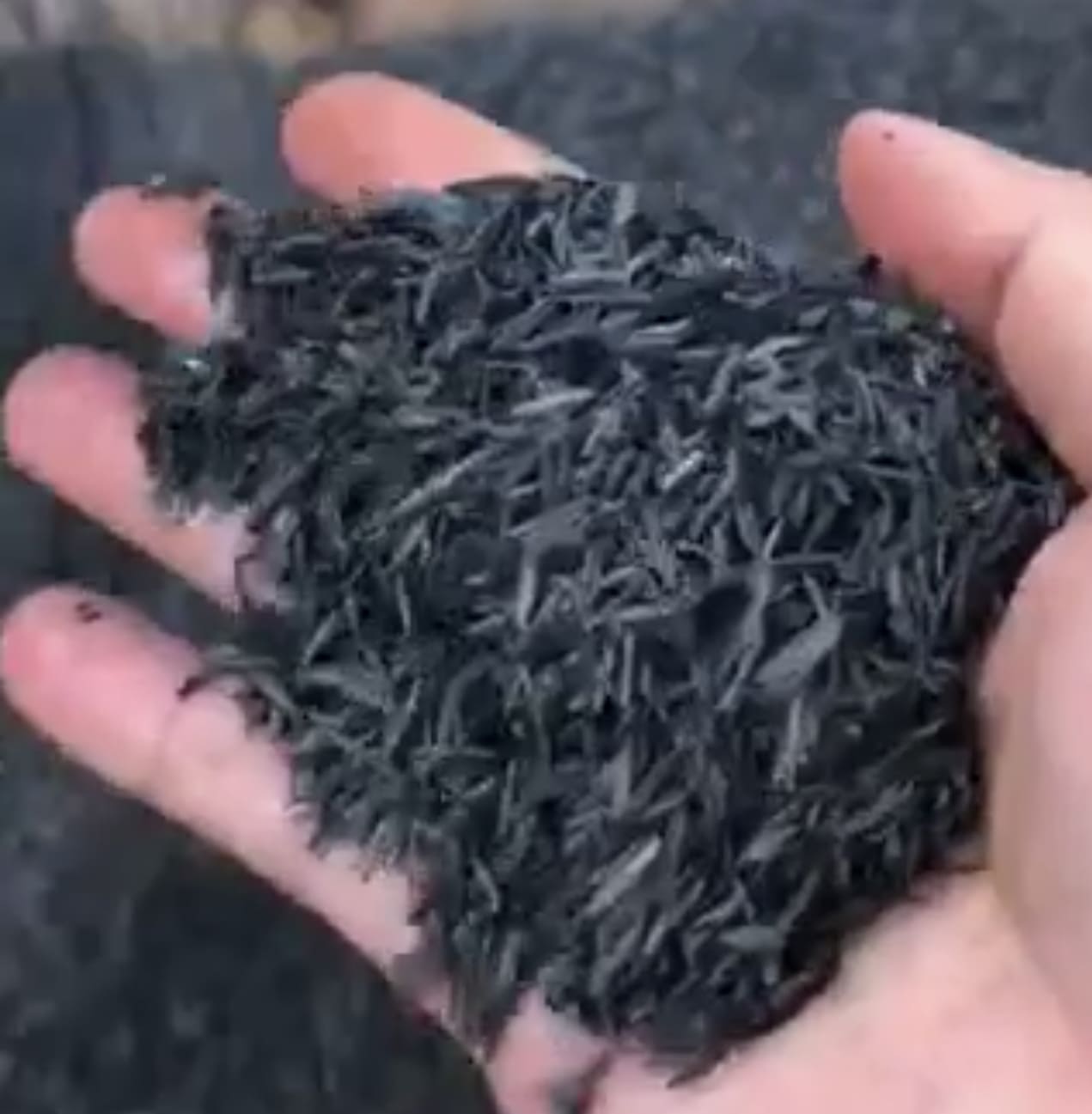
1. INTRODUCTION OF THE GOODS:
Combustion of rice hulls affords rice husk ash (acronym RHA). This ash is a potential source of amorphous reactive silica, which has a variety of applications in materials science.
Silica is the basic component of sand, which is used with cement for plastering and concreting. This fine silica will provide a very compact concrete. The ash also is a very good thermal insulation material. The fineness of the ash also makes it a very good candidate for sealing fine cracks in civil structures, where it can penetrate deeper than the conventional cement sand mixture.
A number of possible uses for RHA include absorbents for oils and chemicals, soil ameliorants, a source of silicon, insulation powder in steel mills, as repellents in the form of "vinegar-tar" release agent in the ceramics industry, as an insulation material. More specialized applications include the use of this material as a catalyst support.
SOME OTHER APPLICATIONS IN INDUSTRY OF RICE HUSK ASH SUCH AS
- Goodyear announced plans to use rice husk ash as a source for tire additive
- Toothpaste
- Brewing
- Fertilizer and substrate
- Fireworks
- Fuel
- Insulating material….
